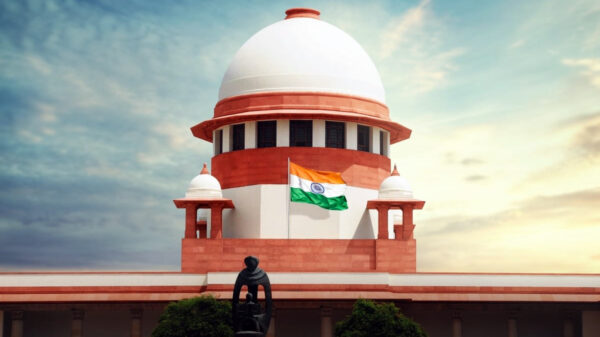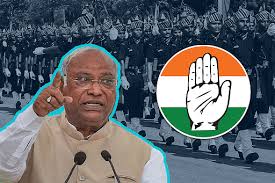Last Updated on March 22, 2022 by Administrator
Written by Shaurya Mahajan
Yesterday, the Delhi High Court in the case of Aisha Kumari v State of NCT of Delhi and Ors. questioned the central government in regards to its stance on a petition to declare all child marriages void-ab-initio (having no legal effect from inception).
A division bench comprising Acting Chief Justice Vipin Sanghi and Justice Navin Chawla issued notices to the Ministry of Law and Justice and the National Commission for Women asking them for their response.
The case will be heard further on 13 September.
The aforesaid notice was issued by the court after an application was moved in an already pending petition by Aisha Kumari. In the petition, it was alleged that when she was 16-years-old she was fraudulently married to a person, in a ceremony that she assumed to be just a normal function at home. It was further that the said marriage was never consummated. Later she pursued a bachelor’s from GGSIPU in Bachelor of Education between 2016-2018. She then sat for the Central Teacher Eligibility Test (CTET) and then for Jamia Millia Islamia for a master’s course.
The respondent had shown up at her house in 2020, to take her to Gujrat, claiming to be her husband. Shew fled home after this and the petition further alleged that she is facing threats from her family and in-laws.
Although a notice was earlier issued to the state by the court, it was later pointed out that to make child marriages void-ab-initio, it is necessary to make the Central government a party to the case.
While hearing the petition the court also the Delhi Police to provide security to the petitioner. Meanwhile, the Delhi Commission for Women (DCW) said that it will provide shelter to her.
The petition has further sought that Section 3(1) of the Prohibition of Child Marriage Act, which provides that child marriage is voidable should be declared unconstitutional and ultra vires of Article 21 of the Constitution of India.
The plea quoted: “The prohibition of Child Marriage Act, 2006 in so far as it provides that a child marriage shall be voidable, violates the fundamental right of minor girl child to have life with dignity and thus in teeth of Article 21 of the Constitution of India,”.
The petition also mentioned that consent given by a person below 18 years of age cannot be held valid and needs to be declared void ab initio instead of being voidable.
Further, it was contended that under the principle of parens patriae, the State is bound to protect the well-being of children and minor girls who are most vulnerable.
Therefore, when girl children are married against their consent, the State must come forward to protect them.
























